Description
Black Lentils (Beluga lentils)
With a savory, earthy flavor (similar to black beans), black lentils are nicknamed ‘beluga caviar’ for their visual similarity to caviar. Luckily, though, this pulse is 100% vegan! Thanks to the robust flavor, these lentils pair well with meaty veggies and marinated proteins like mushrooms, tofu, and seitan.
Best of all, black lentils are the most nutritious variety of lentils, boasting the highest amount of protein, plus high levels of calcium, potassium, and iron.
Health Benefits of Lentils
When it comes to lentils, we at NTRC Energy Medicine happily label these a ‘powerhouse’ of nutrition; packed with various vitamins, minerals, and health benefits – including:
Lentils are protein-dense: Roughly 25% of lentils are made up of protein. A single cup of cooked lentils holds between 20-28g of protein, depending on the variety eaten! Helping to fuel your day and essential for growth and muscle development.
High fiber: Lentils contain considerable amounts of soluble and insoluble fiber, essential to gut/bowel health.
Potassium: A single serving of lentils holds more potassium than a large banana. Potassium is excellent for reducing the damage of excess sodium.
Folate: A single cup of cooked lentils supplies around 90% of the RDI (recommended daily intake) of folate, which is important for building new red blood cells and proper nerve function. This B vitamin is also particularly important for pregnant women.
Iron: You will eat almost 30% of your RDI iron in a single cup of cooked lentils. Iron is critical for the formation of hemoglobin in the blood.
Low fat: In fact, they are practically fat-free (just 1g fat per one-cup serving), meaning that you can pair them with fattier ingredients (like avocados – or olive oil) without feeling guilty.
Lentils also have high levels of copper, manganese, and phosphorus and moderate levels of several other vitamins and minerals like zinc, magnesium, niacin, thiamine, etc. Plus, the polyphenols found in lentils contain anti-inflammatory and antioxidant properties.
How to Store Them?
Store dry lentils in an airtight container in a cool, dark location. Lentils can be perfectly fine even after 3 years when stored properly.
How to Cook Lentils (3-Ways)
Liquid: You can use either salted water or vegetable broth. The amount used will vary based on which cooking method you use.
Use 1 cup lentils to 1 ½ cup liquid (for pressure cooker/stovetop) OR 4 cups liquid (for slow cooker)
The estimated cooking times
Black lentils: 25-35 minute
Pressure Cooker Method
Add the lentils and water or broth to your pressure cooker, seal the vent, and cook on high pressure for 8 minutes (up to 10 for more tender results).
Then release the pressure. Once it’s fully released, remove the lid and check for doneness. If they’re not done, simply return the lid and sit to steam for a while to continue cooking.
Stovetop Method
Add the lentils and water or broth to a saucepan (with a lid)
Bring the mixture to a boil over high heat.
Once boiling, cover the pot with the lid, reduce the heat to low, and allow it to simmer for 30 minutes or until tender. Check at the 30-minute mark and increase as needed.
Slow Cooker Method
Add the lentils and water or broth to your slow cooker.
Cover and cook on low for between 6-8 hours, until tender. Check on the lentils at the 6-hour mark and if they’re still tough, cover and continue to cook in 30-minute increments until tender.
Bonus: Oven method
Add the lentils and water or broth to a Dutch oven or another oven-safe dish with a lid.
Place the covered pot in a preheated oven at 325F/160C on the middle rack and bake for 30 minutes or until tender. I recommend checking at the 30-minute mark and increasing in 5-minute increments until tender.
How to Store Cooked Lentils?
Fridge: Store the cooked lentils in an airtight container in the refrigerator for up to 5 days.
Freezer: Allow the lentils to cool before separating into smaller containers (Easier to defrost as needed) and freeze for up to four months. Allow the lentils to thaw in the fridge overnight before using.
Be careful when reheating the thawed lentils, as they’re more likely to ‘split.’
How to Use Lentils?
Combine with other grains as part of a side/grain bowl or for Rainbow-veggie lentil fried rice
Add to casseroles and stews
Add to soups – like Potato lentil turmeric soup and Butternut squash lentil soup
Use in curries and curried dishes
Use as a protein replacement for chili, nachos, lentil tacos, etc.
Sprinkle over salads (warm or cold) – like this Mediterranean lentil salad, lentil chickpea salad with tahini dressing
Turn into a side dish with herbs and spices.
Use as a baked potato (or sweet potato) filling
Serve over spaghetti as a hearty lentil Bolognese or to make lentil meatballs
Make into burgers and patties – like these red lentil amaranth patties, hearty lentil burgers, easy lentil sliders, and Kichari patties (spiced lentil and rice).
Or use as the filling for a vegan shepherd’s pie
Turn the lentils into a simple dip spread (spicy lentil kalamata spread), or pate
Dry and season for a crispy snack (like roasted chickpeas)
Use in brownies (yes, you read that right!)
Add to a delicious vegan meatloaf
Two Lentil Tacos on a white cutting board with ingredients in the background
Top Cooking Tips and FAQs
Do you need to soak lentils? No – it’s not essential. However, if you’re someone who feels particularly bloated (or gassy) after legumes, it’s recommended. Soaking lentils will help to deactivate the anti-nutrients within (thus increasing the mineral absorption rate), which can cause digestive upset. As a bonus, soaking also helps to break down the amylase within, which makes them easier to digest.
How to soak lentils? As lentils are small, they don’t need as much time as larger legumes. I recommend rinsing them first. Then combine the lentils and enough cold tap water to cover them with at least a couple inches. Soak for a minimum of 2 hours, up to 24. After soaking, drain, then rinse once more before cooking.
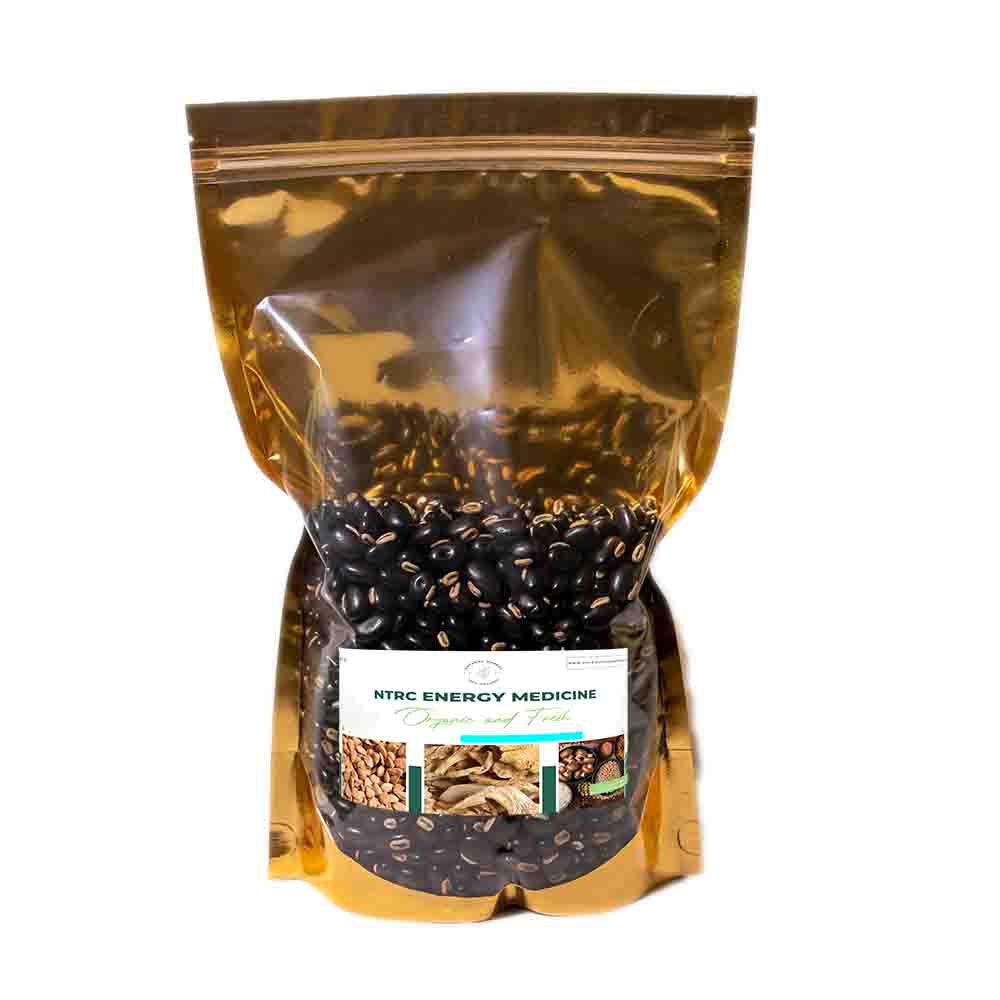
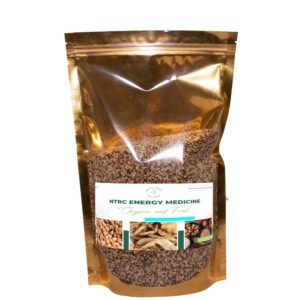
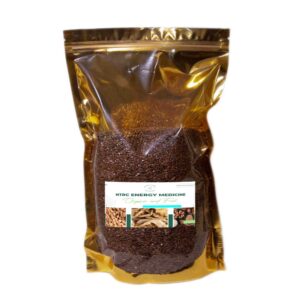
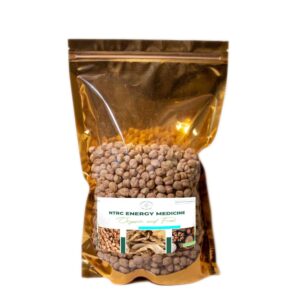
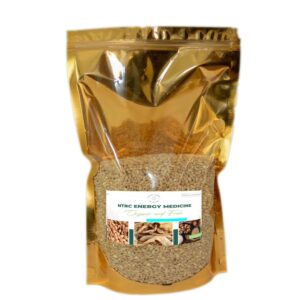
Reviews
There are no reviews yet.